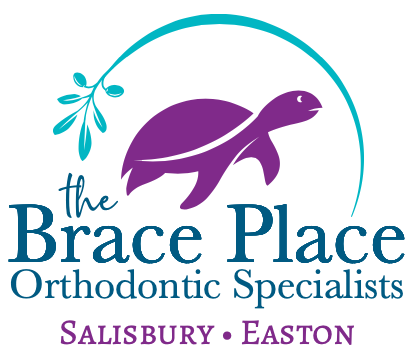Benefits of Oral Appliance Therapy for Sleep Apnea Sufferers
Sleep Apnea and Obstructive Sleep Apnea (OSA) can be very dangerous, if left untreated, and may increase the risk for stroke, heart disease and more. Along with the dangers that are associated with sleep syndromes, a good night’s rest is rarely achieved for the sufferer or their partner. According to the National Heart, Lung and Blood Institute, more than 12 million people in the U.S. have sleep apnea and the likelihood of developing it increases with age.
While CPAP machines are the most common method to treat OSA, many people are intolerable and non-compliant with their machines. According to the American Academy of Dental Sleep Medicine (AADSM), up to 50 percent of sleep apnea patients do not comply with or tolerate CPAP. If individuals are not willing to comply with their CPAP continuously, they will not reap the benefits of a better and healthier night’s sleep.
For those with mild to moderate OSA who are unable to tolerate a CPAP machine, oral appliance therapy may be able to help. Oral appliance therapy uses a mouth guard like device that is worn at night during sleep. The appliance helps reposition the jaw to keep the tongue from blocking the airway.
One of the main benefits of oral appliance therapy is the ease of use. There’s no bulky noisy machine that constricts sleep movement or attachments to contend with while sleeping.
The portability of oral appliances is convenient which in turn leads to greater compliance. Many sleep apnea suffers choose not to bring their CPAP with them when traveling because they consider it too much of a hassle especially when traveling by plane. The devices used for oral appliance therapy are lightweight and compact making traveling much easier and allowing the wearer to continue his/her sleep routine as normal.
For most, oral appliances are also much more comfortable than the CPAP mask. It typically only takes a couple of weeks for most people to become acclimated to wearing the appliance.
Oral appliances are also FDA approved and recognized by the American Academy of Sleep Medicine (AASM), as a safe alternative to CPAP.
Which would you be more likely to comply with?

